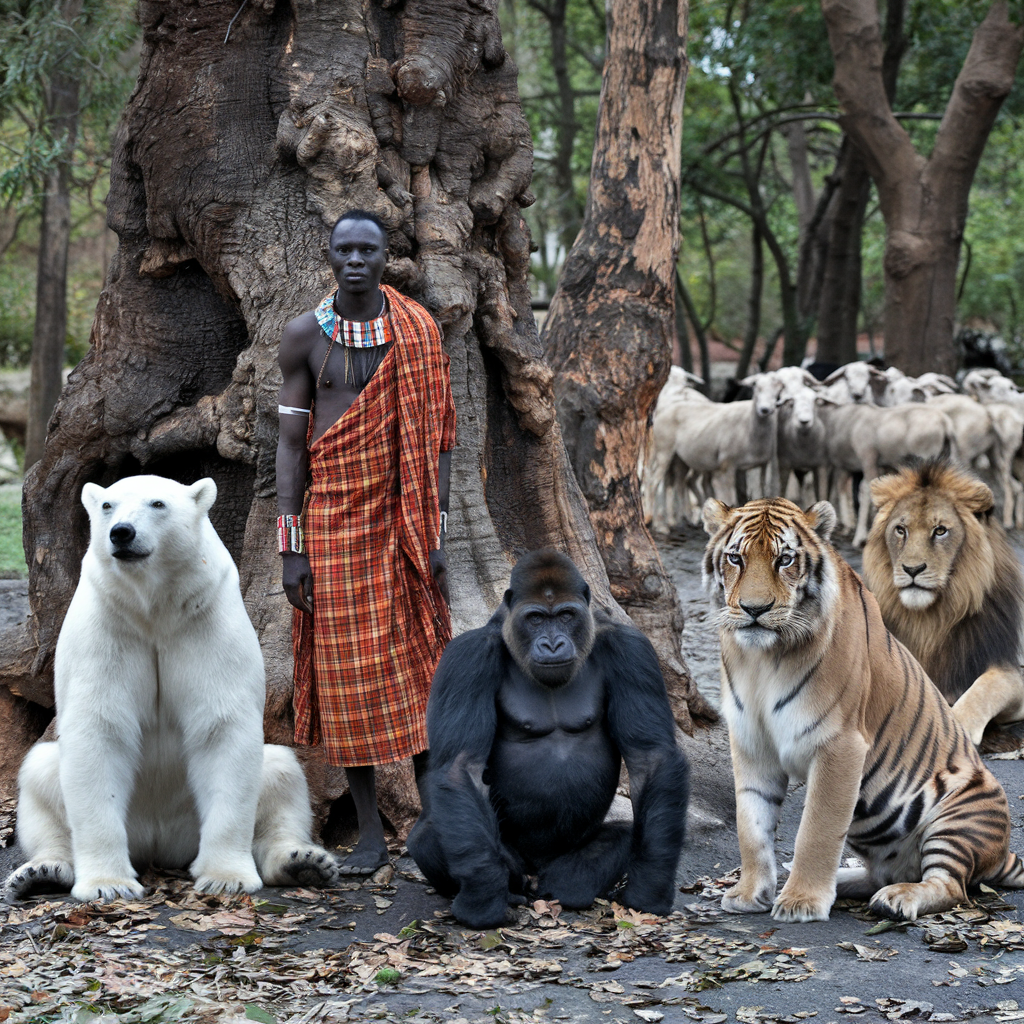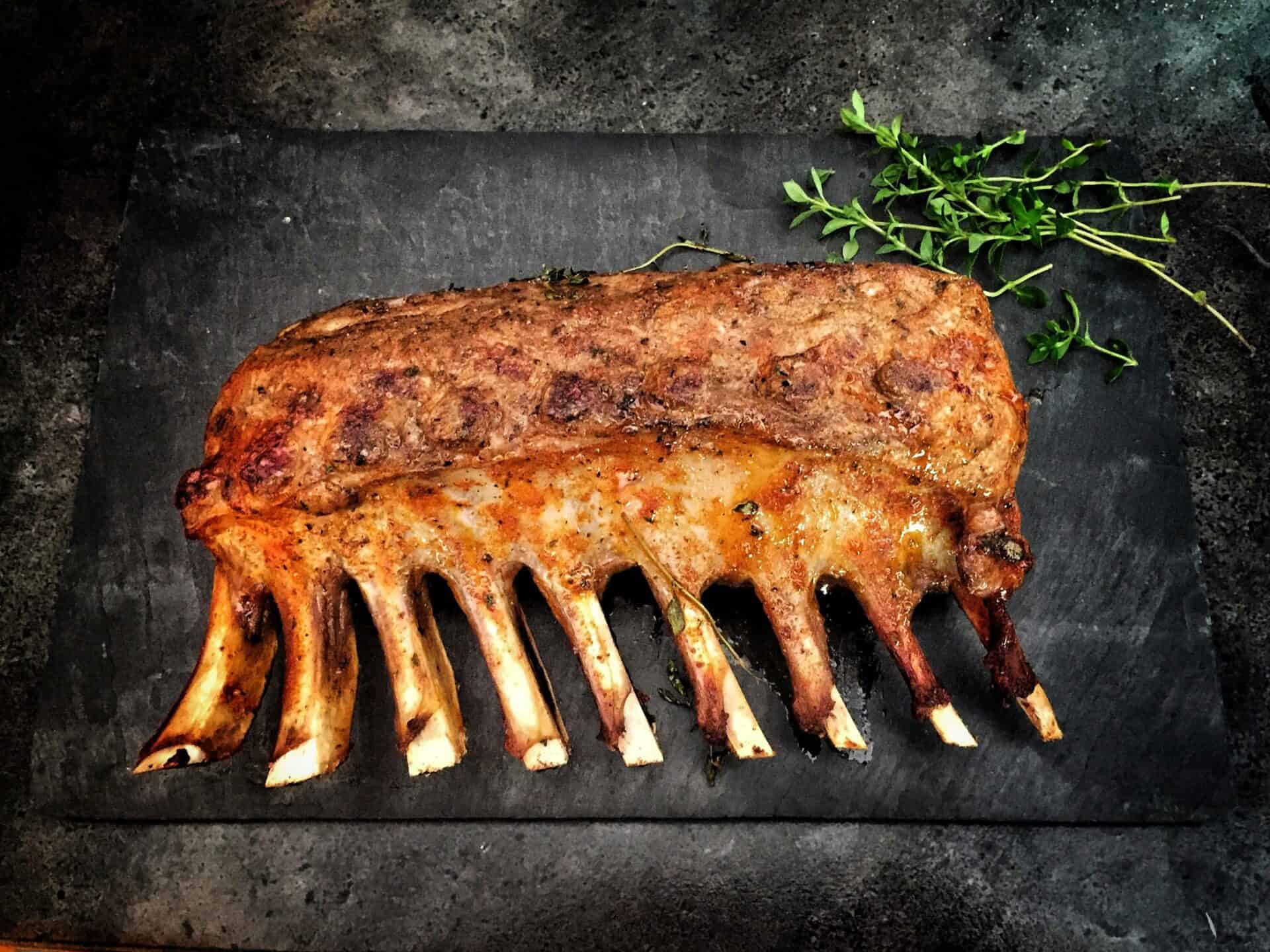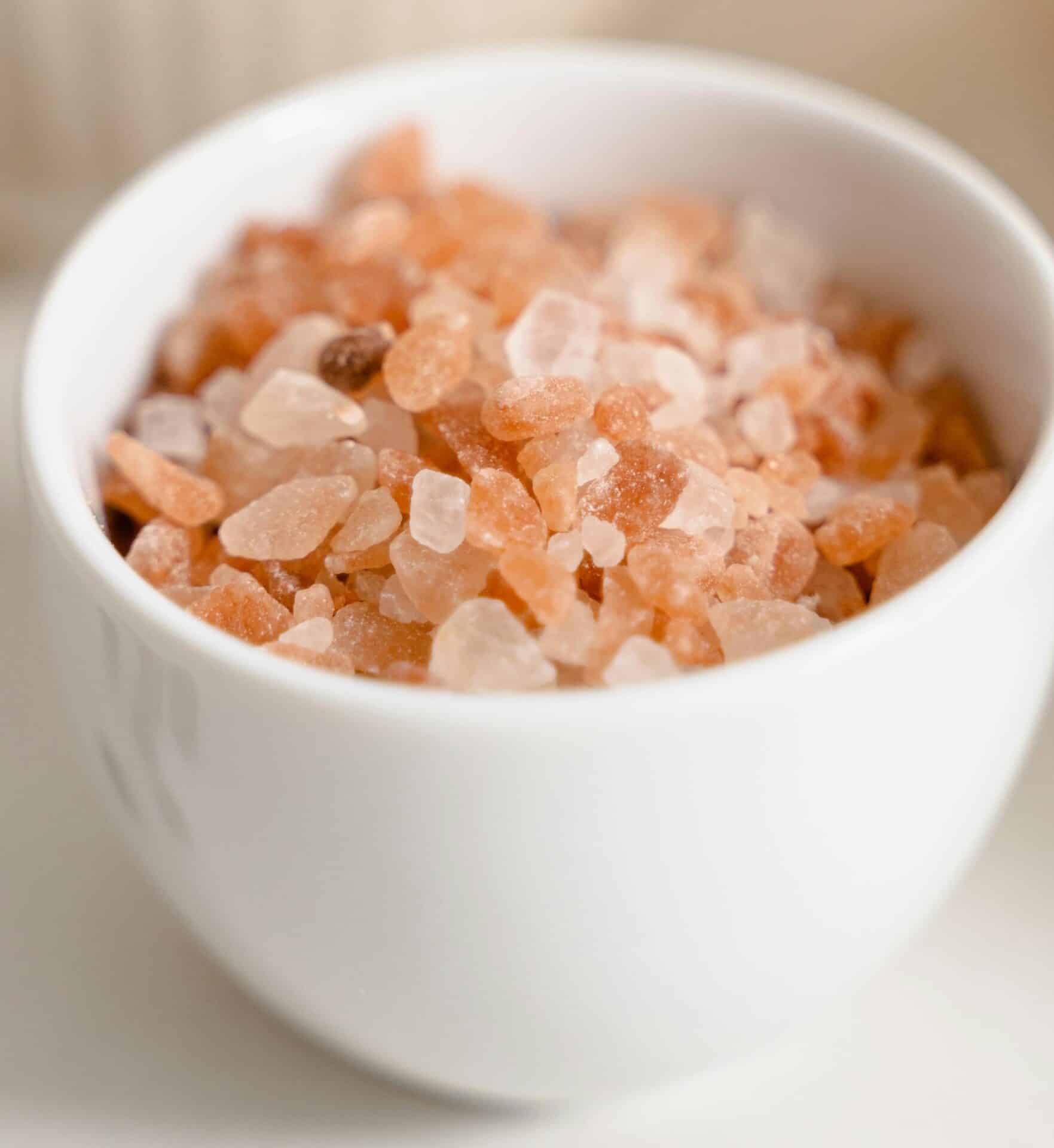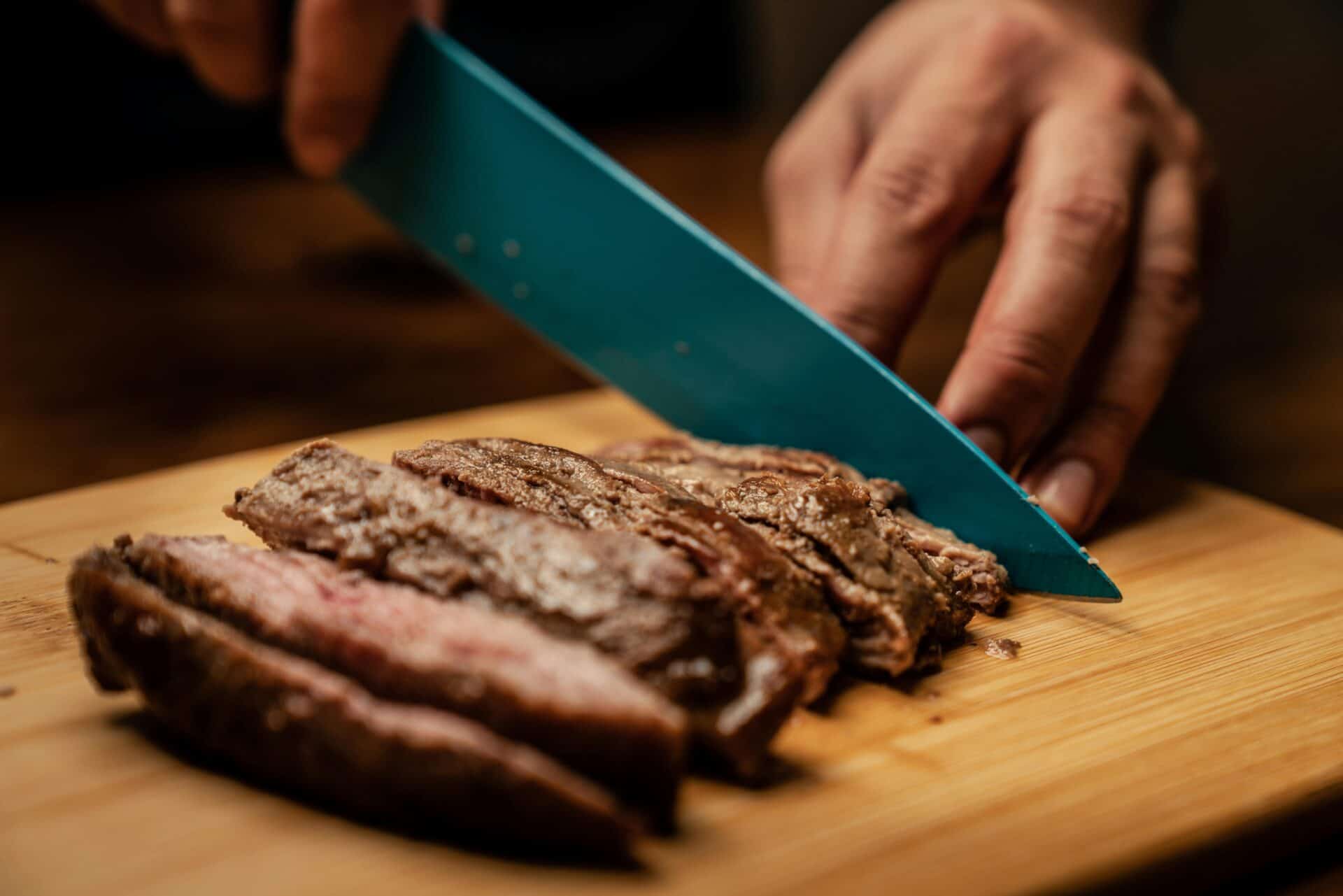Why Red Meat Doesn’t Cause Cancer: The Carnivore Diet, Flawed Studies, and the Real Story Behind Meat and Health
Why Red Meat Doesn’t Cause Cancer: The Carnivore Diet, Flawed Studies, and the Real Story Behind Meat and Health
Alright lads, it’s time to tackle another health myth that’s been lurking in the shadows longer than your favorite old cassette tapes and one that Aunty Darlene happily reminds you of each X-Mas because she saw it on TV: the idea that red meat causes cancer. Yep, you’ve heard it all before. It’s been shoved down our throats for decades by everyone from your mom’s “health-conscious” friend to headlines screaming, “Steak Will Kill You!”
But here’s the truth bomb: the so-called “link” between red meat and cancer is about as real as a Milli Vanilli song. It’s based on cherry-picked data, flawed studies, and biased headlines that want you to fear your juicy steak. Let’s set the record straight—red meat doesn’t cause cancer.
The Red Meat Cancer Scare: How Did We Get Here?
The idea that red meat causes cancer took off after some studies, like the WHO’s 2015 report, lumped red meat and processed meat together and claimed both were carcinogenic. In fact, they went so far as to put processed meat in the same risk category as smoking and asbestos—because apparently, eating a hot dog is as dangerous as chain-smoking a pack of Marlboros (yeah, right).
But here’s the kicker: these studies were epidemiological, which means they relied on food frequency questionnaires (a.k.a., “Can you remember what you ate over the last decade?”). These questionnaires are about as reliable as asking someone to recall the exact number of Twinkies they ate back in 1992. People aren’t good at remembering their meals in detail, and this leads to bad data.
Check out post I wrote back in April 2024 that explains why these types of studies are, well let’s say, junk.
Correlation Is Not Causation
Here’s where the red meat scare gets even more ridiculous: epidemiological studies can only show correlation, not causation. Just because people who eat more red meat also have higher cancer rates doesn’t mean that red meat is the cause. These studies don’t account for other lifestyle factors—like whether those people also smoke, eat a diet full of processed junk, never exercise, or regularly binge on sugar-loaded sodas.
A strange statistical correlation shows that the number of people who drown in swimming pools rises when more Nicolas Cage movies are released in a given year. Correlation, not causation, folks.

So What’s Really Going On?
The reality is, when people eat a lot of processed junk (often alongside red meat), drink sugary drinks, smoke, and live sedentary lives, they tend to get cancer. But blaming the steak on their plate is absurd. When you take someone eating a highly processed diet and point the finger at the meat, you’re missing the bigger picture. It’s like blaming the fire hydrant for the car crash.
In fact, red meat is loaded with nutrients that can actually help protect against cancer. It’s rich in essential vitamins and minerals like zinc, iron, and B12, which are critical for immune function, healthy cell production, and overall vitality. Cutting out red meat in the name of “health” can actually deplete your body of the nutrients it needs to function properly. Nice job, media fearmongers.

Why the Carnivore Diet Puts You on the Right Track
If you’ve embraced the carnivore diet, congratulations—you’re lightyears ahead of the anti-meat crowd. Here’s why eating red meat isn’t just not dangerous but actually beneficial for your overall health:
- Nutrient-Dense Powerhouse: Red meat is one of the most nutrient-dense foods on the planet. It provides bioavailable protein, essential fatty acids, and vitamins and minerals in forms that are easily absorbed by your body. The plant-based folks might try to convince you otherwise, but you just can’t get the same level of nourishment from quinoa and kale.
- Supports Cellular Health: The vitamins and minerals in red meat, especially vitamin B12 and zinc, are crucial for healthy cell function and repair, which is key in preventing the kind of cellular damage that leads to cancer.
- Low Inflammatory Impact: One of the biggest cancer risk factors is chronic inflammation. What drives inflammation? Sugar, seed oils, and processed carbs—not steak. The carnivore diet, which eliminates all the inflammatory garbage and focuses on whole animal foods, reduces inflammation and boosts your body’s ability to heal and repair itself.
- Helps Regulate Insulin Levels: Elevated insulin levels are linked to many chronic diseases, including cancer. When you eat red meat and other animal products while ditching carbs, your insulin stabilises, which is key for long-term health.
Cancer Causers: It’s Not the Meat, It’s the Processed Crap
The real problem isn’t red meat—it’s the processed garbage that most people eat alongside it. When studies show that people who eat more red meat are also more likely to get cancer, it’s often because those people are eating highly processed, sugary foods, too. Think fast food burgers with fries, buns, and sodas—not rib eyes cooked at home in a slab of tallow.
Red meat has been part of the human diet for millions of years. If it really caused cancer, our ancestors wouldn’t have survived long enough for us to be here today. Instead, modern chronic diseases like cancer have risen in step with the consumption of refined carbohydrates, seed oils, and ultra-processed foods—not steak and bacon.
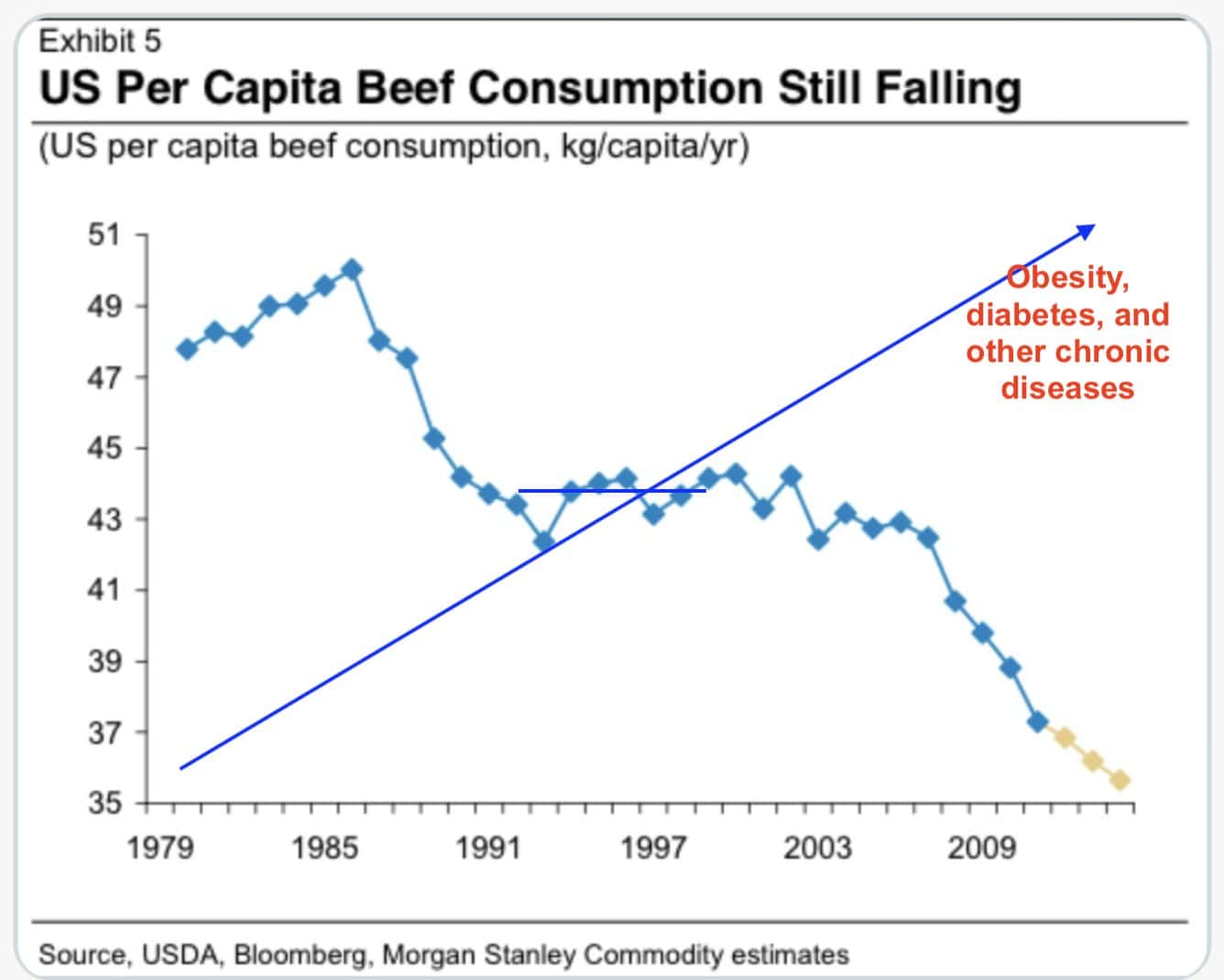
Image by Nina Teicholz
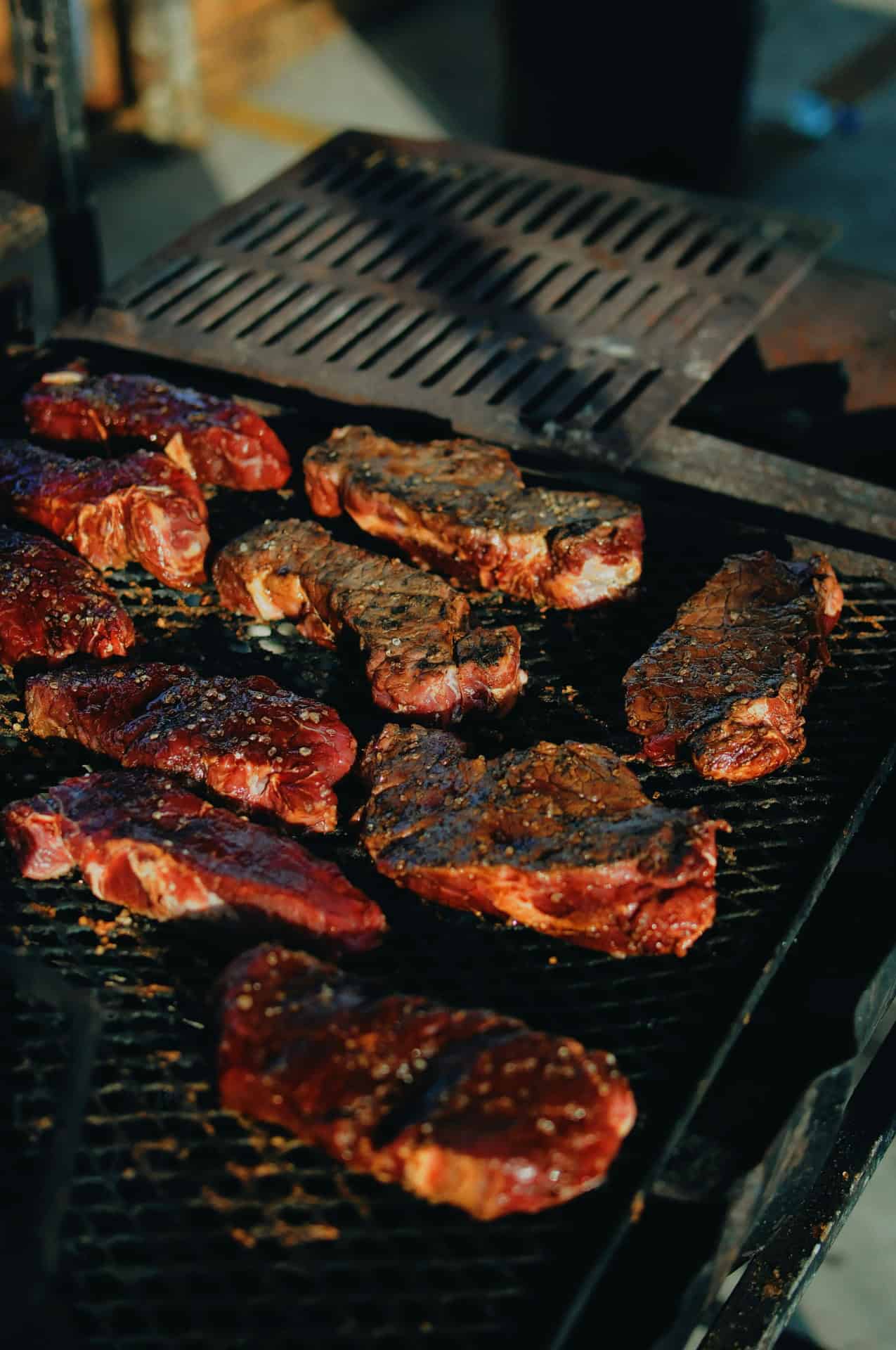
The Bottom Line: Steak Isn’t the Villain—The Processed Junk Is
It’s time to stop fearing your steak dinner. Red meat isn’t causing cancer. What is causing cancer? Chronic inflammation, poor diet choices, smoking, and a sedentary lifestyle—basically, everything else they’re not talking about in the anti-meat headlines.
So go ahead, throw that ribeye on the grill. Eat the burger (sans the bun and fries, of course). The carnivore diet is your path to better health, not an early grave. And don’t let anyone guilt you into giving up red meat—it’s one of the best things you can do for your body.
Patrick
Your Prime Cut Pro 🥩💪
Related Carnivore Chronicles
You’ve made it this far—why stop now? Dive into these juicy Caveman Diaries that’ll keep your carnivore game strong. Whether you’re here for tips, tricks, or a good laugh at those “plant-based” myths, we’ve got you covered. Grab your steak, sit back, and enjoy the ride!
Oh, and while you’re at it, why not share this chronicle with your mates?
Hit Me Up – Let’s Get You Back in the Game!
Tired of feeling blah and ready to feel fit, healthy, and confident again? Shoot me a message, and let’s talk about how my carnivore and fitness coaching can help you crush your goals. This is your chance to start a real transformation – let’s make it happen together.


